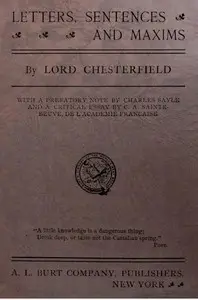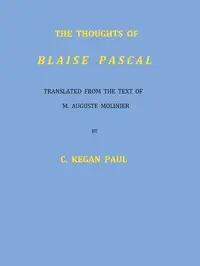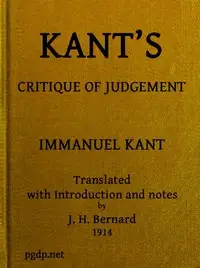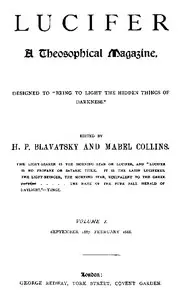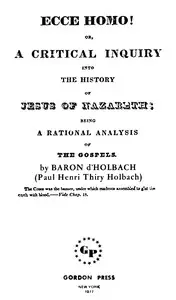"Reflections; or Sentences and Moral Maxims" by François duc de La Rochefoucauld is a compilation of short sayings and moral thoughts from the 1600s, expressing deep thoughts about what humans are like, especially how selfishness, vanity, and being good or bad mix together; touching on subjects such as love, jealousy, pride, and how people in society are not always honest, showing a somewhat negative view of life in the courts of the time; starting with a note from the translator about translating Rochefoucauld’s ideas to English thoroughly, because previous translations missed some of the meaning; introducing the culture of 17th-century France, talks about how popular short, witty writings were at the time and how Rochefoucauld fit into that; and presenting the first sayings that hint at main ideas, like how virtues can be deceiving, how self-love can be used to control others, and the reasons behind what people do, setting the stage for a look into human psychology that is both relevant today and thought-provoking, encouraging readers to think about why they do the things they do.

Reflections; or Sentences and Moral Maxims
By François duc de La Rochefoucauld
Enter a world of cunning observations in which the truths of human nature are exposed through sharp wit and timeless wisdom.
Summary
About the AuthorFrançois de La Rochefoucauld, 2nd Duke of La Rochefoucauld, Prince de Marcillac was an accomplished French moralist of the era of French Classical literature and author of Maximes and Memoirs, the only two works of his dense literary œuvre published. His Maximes portrays the callous nature of human conduct, with a cynical attitude towards putative virtue and avowals of affection, friendship, love, and loyalty. Leonard Tancock regards Maximes as "one of the most deeply felt, most intensely lived texts in French literature", with his "experience, his likes and dislikes, sufferings and petty spites ... crystallized into absolute truths."
François de La Rochefoucauld, 2nd Duke of La Rochefoucauld, Prince de Marcillac was an accomplished French moralist of the era of French Classical literature and author of Maximes and Memoirs, the only two works of his dense literary œuvre published. His Maximes portrays the callous nature of human conduct, with a cynical attitude towards putative virtue and avowals of affection, friendship, love, and loyalty. Leonard Tancock regards Maximes as "one of the most deeply felt, most intensely lived texts in French literature", with his "experience, his likes and dislikes, sufferings and petty spites ... crystallized into absolute truths."


